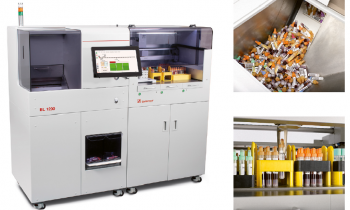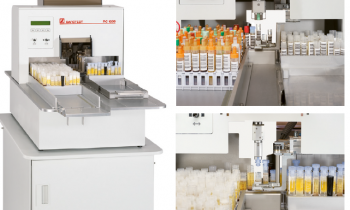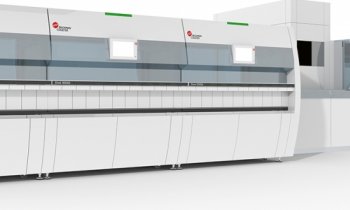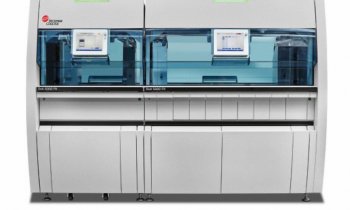EUROMEDLAB 2009
7-11 June Innsbruck, Austria
The 18th European Congress of Clinical Chemistry and Laboratory Medicine, focusing on non-communicable diseases associated with western life style and aging, will also present an overview of new research and developments in laboratory diagnostics. ‘It’s highly alarming that chronic non-communicable diseases, such as heart disease, stroke, and diabetes, are reaching epidemic proportions worldwide,’ commented Professor Manfred P Dierich, Vice-Rector of Innsbruck Medical University. ‘Identifying priorities is a crucial point in establishing programmes for global disease control to galvanise the health, science and public-policy communities into action on this epidemic. Interdisciplinary research, for example, will be required to explore the interactions of behaviour, environment, and genetics in order to frame risks and determine outcomes.’
The alarming increase of kidney disease as a consequence of diabetes, and its powerful impact on cardio-vascular disease, will also be a central focus, as will rheumatisms and osteoporosis, in which there has been impressive progress in the understanding of the pathomechanisms and treatment. The challenge of neurodegenerative disorders in aging populations, as well as oncology and haematology will also be highlighted, as will discussions on personalised treatment for non-communicable diseases in the future.
01.05.2009











